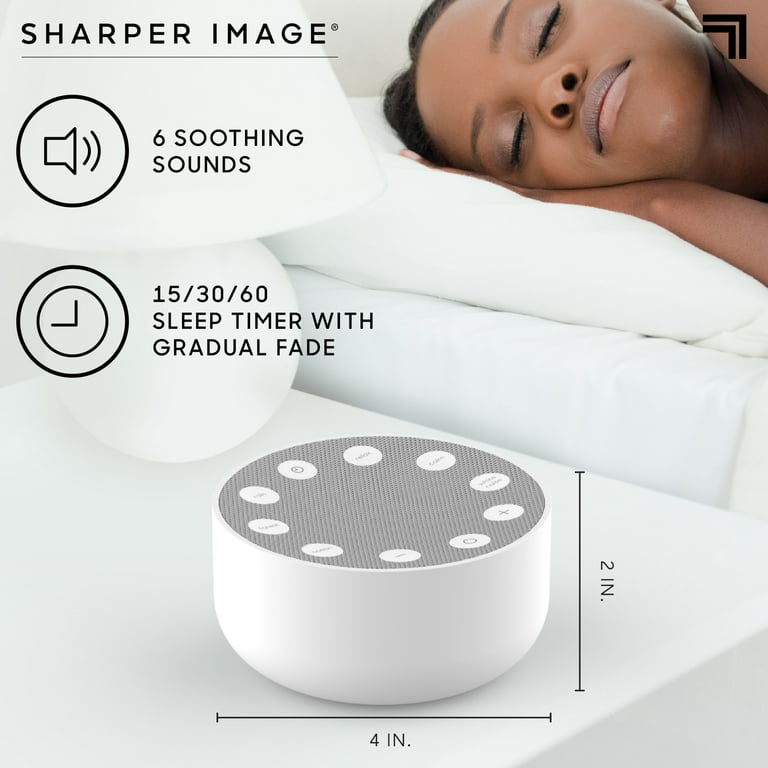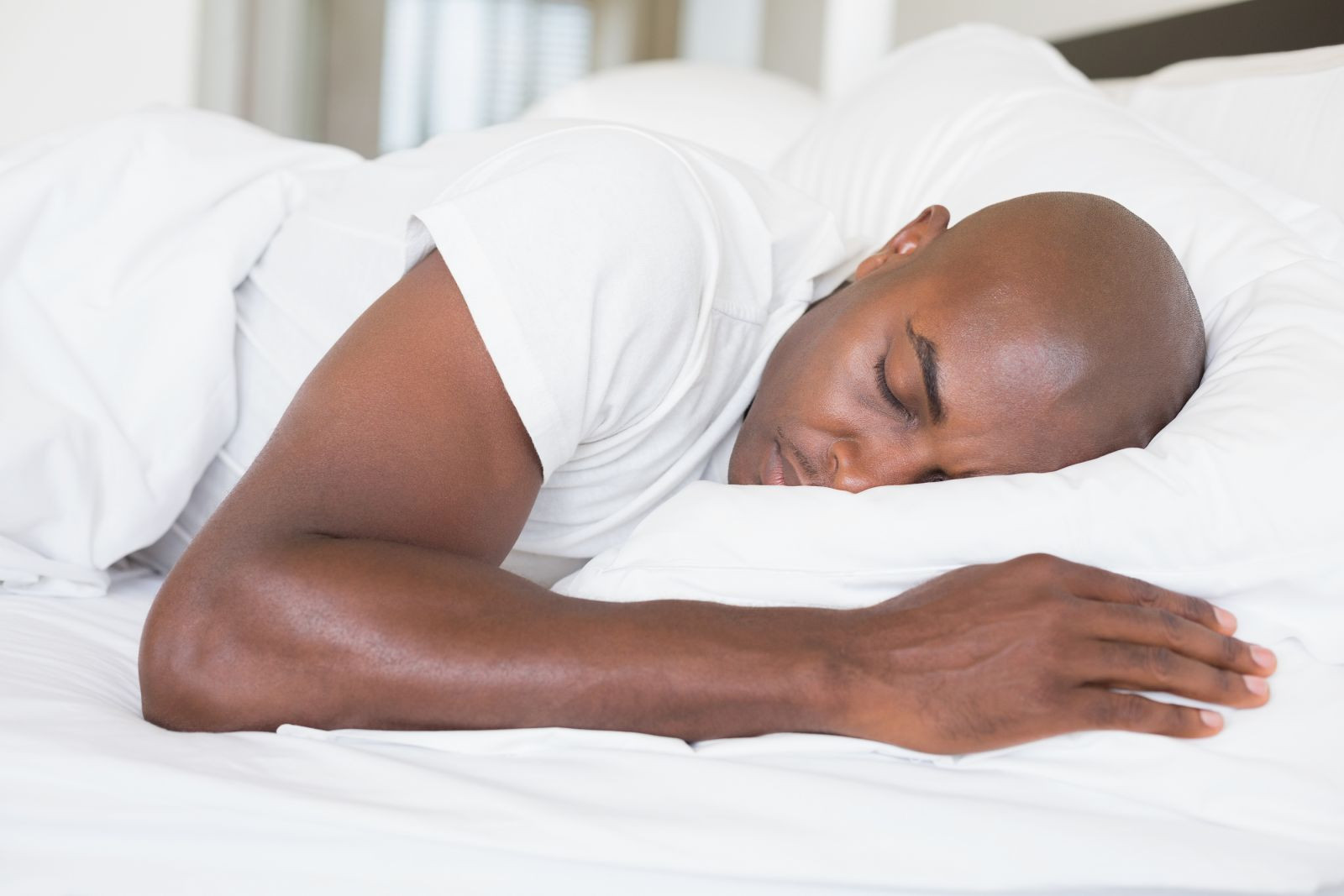Experienced Insomnia Specialist - Personalized Care for Better Sleep
Experienced Insomnia Specialist - Personalized Care for Better Sleep
Blog Article
Effective Treatment Solutions for Managing Sleep Disorders and Enhancing Relaxed Rest
In the world of medical care, the monitoring of rest problems and the quest for peaceful sleep are essential parts of general wellness. Effective treatment remedies use a diverse strategy to deal with these difficulties, ranging from cognitive behavior treatments to holistic techniques that promote leisure and mindfulness. The expedition of different approaches, consisting of the assimilation of drug and light treatment, opens a world of possibilities in the quest of better rest high quality. As we browse the detailed landscape of sleep conditions and look for to improve our sleep experience, a deeper understanding of these therapy options may hold the trick to unlocking a much more refreshing and fulfilling corrective trip.
Cognitive Behavior Modification for Sleeplessness (CBT-I)
Cognitive Behavioral Treatment for Sleep Problems (CBT-I) is an organized, evidence-based treatment strategy that concentrates on dealing with the hidden variables adding to rest disturbances. This sort of therapy aims to modify habits and ideas that aggravate sleeping disorders, eventually promoting healthy and balanced rest patterns. CBT-I normally includes a number of key parts, including cognitive treatment, rest limitation, stimulus control, and rest hygiene education and learning.
Cognitive treatment helps people identify and alter adverse thought patterns and ideas concerning rest that might be hindering their capability to fall or remain asleep. Sleep constraint involves restricting the amount of time spent in bed to match the individual's actual rest period, consequently boosting sleep effectiveness (insomnia counseling). Stimulation control strategies aid establish a strong organization between the bed and rest by urging people to go to bed only when sleepy and to prevent participating in promoting tasks in bed
Moreover, rest health education and learning concentrates on creating healthy rest behaviors, such as maintaining a constant sleep timetable, developing a relaxing bedtime routine, and optimizing the sleep setting. By addressing these variables thoroughly, CBT-I uses an efficient non-pharmacological intervention for handling insomnia and boosting total rest top quality.
Sleep Health Practices
Having developed the structure of cognitive restructuring and behavioral modifications in dealing with sleeplessness through Cognitive Behavior modification for Sleeping Disorders (CBT-I), the emphasis now shifts towards exploring necessary Rest Health Practices for preserving ideal rest quality and total well-being.
Rest hygiene practices incorporate a series of practices and environmental elements that can substantially affect one's ability to go to sleep and remain asleep throughout the night. Consistent sleep and wake times, creating a relaxing bedtime regimen, and enhancing the rest atmosphere by maintaining it dark, silent, and cool are vital components of excellent rest health. Restricting direct exposure to screens before going to bed, staying clear of stimulants like high levels of caffeine close to going to bed, and participating in normal physical task throughout you can check here the day can also promote better rest top quality.
Furthermore, exercising relaxation strategies such as deep breathing workouts or meditation prior to bed can help calm the mind and prepare the body for rest. By incorporating these rest hygiene methods into one's day-to-day routine, individuals can develop a healthy rest pattern that supports relaxing sleep and general wellness.
Relaxation Techniques and Mindfulness
Executing relaxation techniques and mindfulness techniques can play a critical duty in fostering a feeling of tranquility and promoting quality rest. Furthermore, led imagery can assist transfer individuals to a peaceful location in their minds, helping in stress and anxiety reduction and boosting rest top quality.
By including these practices into a going to bed routine, individuals can signal to their bodies that it is time to prepare and loosen up for sleep. In general, integrating relaxation techniques and mindfulness techniques can dramatically add to handling sleep problems and improving overall sleep high quality.

Medicine Options for Sleep Disorders
After checking out leisure techniques and mindfulness techniques as non-pharmacological treatments for improving rest quality, it is necessary to consider medication options for individuals with sleep conditions. In instances where lifestyle adjustments and treatment do not provide sufficient relief, medicine can be a useful device in handling sleep disruptions.
Commonly recommended medications for sleep problems include benzodiazepines, non-benzodiazepine hypnotics, antidepressants, and melatonin receptor agonists. Antidepressants, such as trazodone, can be advantageous for individuals with co-occurring anxiety and sleep disruptions - insomnia solutions.
It is critical for people to talk to a doctor to figure out one of the most suitable drug choice based on their certain rest disorder and medical history.
Light Therapy for Body Clock Policy
Light therapy, likewise known as photo-therapy, is a redirected here non-invasive therapy technique used to regulate body clocks and enhance sleep-wake cycles. This treatment involves exposure to bright light that resembles natural sunlight, which helps to reset the body's inner clock. By subjecting people to specific wavelengths of light, generally in the morning or evening relying on the desired impact, light therapy can successfully adjust the circadian rhythm to advertise wakefulness throughout the day and enhance peaceful rest in the evening.
Research has revealed that light treatment can be particularly useful for individuals with body clock disorders, such as postponed sleep phase syndrome or jet lag. It can likewise be valuable for those experiencing seasonal depression (SAD), a type of clinical depression that generally takes place during the winter season when all-natural light direct exposure is decreased. Light treatment is usually well-tolerated and can be used in conjunction find here with various other treatment techniques for rest conditions to maximize end results and improve overall sleep quality.
Verdict
In final thought, efficient therapy remedies for taking care of rest conditions and boosting peaceful sleep include Cognitive Behavioral Treatment for Sleeping Disorders (CBT-I), rest health methods, relaxation strategies and mindfulness, drug choices, and light treatment for body clock policy. These techniques can assist people enhance their sleep top quality and general health. It is very important to seek advice from a doctor to establish one of the most suitable approach for dealing with sleep concerns.
As we navigate the intricate landscape of rest conditions and seek to boost our rest experience, a much deeper understanding of these treatment services might hold the secret to opening an extra refreshing and fulfilling corrective trip.
Rest constraint includes restricting the amount of time invested in bed to match the individual's real sleep duration, therefore boosting sleep effectiveness. Regular rest and wake times, creating a relaxing going to bed regimen, and optimizing the sleep setting by keeping it dark, silent, and cool are vital parts of good rest hygiene. Light therapy is generally well-tolerated and can be made use of in conjunction with other therapy techniques for rest disorders to maximize outcomes and improve total sleep top quality.

Report this page